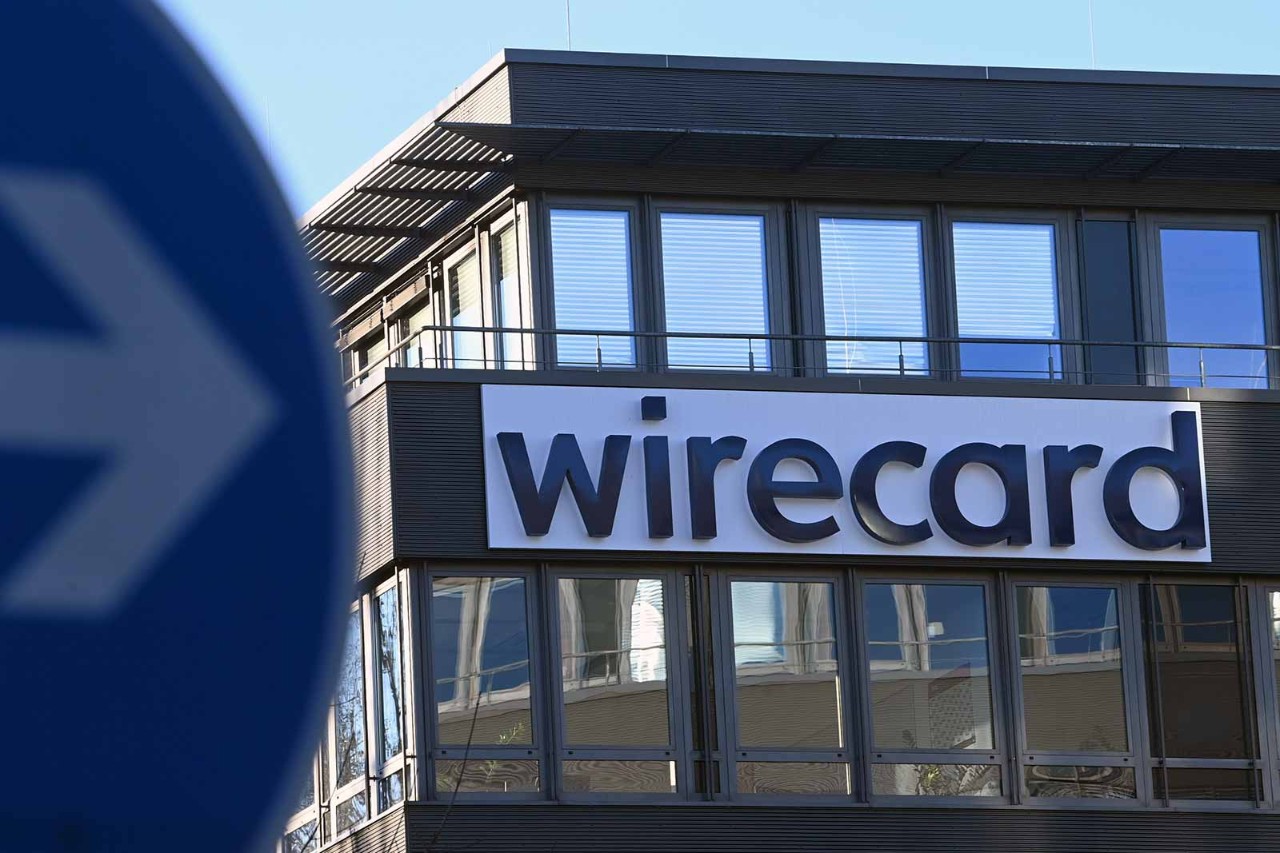
New support
The government recently announced some new business support schemes, which are intended to help businesses that are ineligible for the Covid Restrictions Support Scheme (CRSS). The exclusion of certain types of businesses and sectors has been a common concern for practitioners advising clients. Similar to the CRSS, the new grant schemes are primarily intended to help businesses with their fixed costs.
Fáilte Ireland Tourism Business Continuity Scheme
Fáilte Ireland’s new Tourism Business Continuity Scheme is intended to support strategic tourism businesses that were ineligible for CRSS or previous Fáilte Ireland continuity grant schemes. Phase 1 opened for applications in February and covers businesses that meet the eligibility criteria and are in the following categories: outdoor activity providers; tourism golf courses; hop-on/hop-off bus tours; cruise hire companies; boat tour operators; visitor attractions not eligible for CRSS; and caravan and camping/outdoor accommodation.
To be eligible, the business must have a minimum annual turnover of €50,000 in 2019. The minimum grant available is €3,750 and the maximum grant is €200,000. Full details on the eligibility criteria and a useful webinar on the scheme are available on the Fáilte Ireland website.
Covid-19 Business Aid Scheme
Details of a new Covid-19 Business Aid Scheme, which will provide grants to businesses ineligible for other schemes to help them with their fixed costs, are currently being finalised.
Based on the provisional criteria published, the scheme will be open to businesses who are operating from a fixed premises on which rates are payable. The business must have a minimum turnover of €50,000. Additional information on the eligibility criteria is available in this press release.
Fáilte Ireland’s new Tourism Business Continuity Scheme is intended to support strategic tourism businesses that were ineligible for CRSS or previous Fáilte Ireland continuity grant schemes
Revenue updates
Revenue’s Guidelines on the Covid Restrictions Support Scheme have recently been updated to provide further guidance on the availability of CRSS in certain situations. This includes in the case of business amalgamations or reconstructions, where relevant business activities are carried on by a trust on behalf of an estate, and where there is an inter-generational transfer of a family business. These topics are covered in paragraphs 4.3.4, 4.3.5 and 4.3.6 respectively.
Temporary Wage Subsidy Scheme (TWSS)
Revenue has been contacting employers that did not respond to requests for information in support of their TWSS claims or did not correctly report subsidy payments to Revenue, as required.
In February, letters were issued to around 2,500 employers who did not respond to Revenue’s TWSS Compliance Check letters last year, despite reminders. The letters were issued in hard copy to employers (and their PREM agents where one is on record).
Revenue is seeking repayment of the subsidy amounts paid to these employers if the information sought is not provided. The letters to employers who have used the Employment Wage Subsidy Scheme (EWSS) and/or CRSS note that participation is suspended, pending receipt of a complete and satisfactory response. They provide details of the correct channel to select when responding via MyEnquiries, to ensure responses can be directed promptly to the appropriate personnel in Revenue.
Work is under way on Stage 2 of the TWSS Reconciliation Process, in which Revenue is comparing the amounts of subsidy paid out to employers against the amounts due. It is expected that in mid-March employers will be issued with reconciliation files and statements showing the balance payable or refundable. Employers will have until the end of June to examine and correct the records.
In advance of this process, Revenue has written to employers that did not submit a report of TWSS subsidy payments or submitted incorrect information, according to Revenue’s records. The letters request immediate submission of the appropriate information on subsidy paid to employees. Revenue will be seeking repayment if the information outstanding is not forthcoming.
Disclaimer: While every effort has been made to ensure the accuracy of this information, the Irish Tax Institute does not accept any responsibility for loss or damage occasioned by any person acting, or refraining from acting, as a result of this material.




